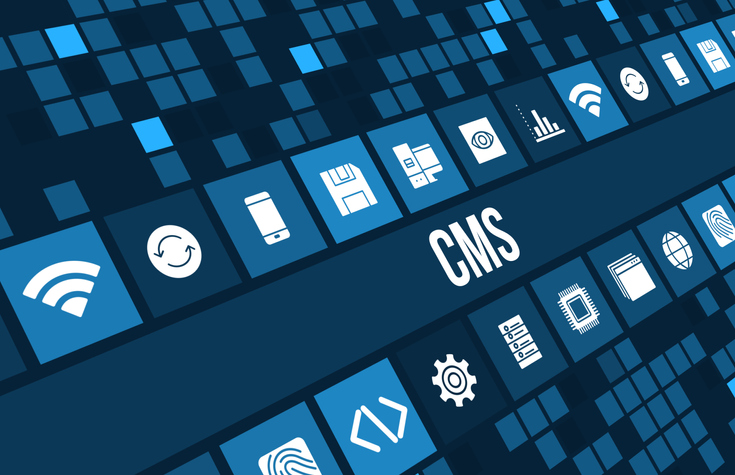If you don’t know what a CMS is, please read our article on “What is a CMS?” Being that there are a number of things that go into SEO, your CMS plays an integral role in your SEO results. Examples of some of these are:
Website Load Speed
You need to have a website that loads fast when it’s first built, but also stays loading fast. Most sites start to slow down over time, which is one of the many reasons we built our own CMS to deliver our client websites on. We developed a process to help automatically keep the site speed optimization in, meaning your website will stay fast as time goes on.
Ease of Use
We didn’t need studies to tell us (although studies were done) to show that the more complex a piece of software is, the less people will use it. One of the things that search engines look for is how often your website is updated. They want to see that you are making an effort. Because of this they will then feel you more relevant for a specific search term.
Your CMS needs to be easy so that you are able to, and want to, frequently have the website updated with new information, new pages, blogs, etc.
Mobile Friendly Also Known as Responsive
Responsive websites are websites that adapt to different size of screens for people. This means that it will look good and show well across the multitude of different browsers and screen sizes that people are browsing the web with.
Being that mobile has surpassed desktop computers on the number of websites being visited today, mobile cannot be an afterthought. It should be something that your CMS was built on. Many of the popular CMSes out there were created before mobile was widely being used, so they generally don’t do a good job adapting to the requirements of mobile in many cases.
We created our CMS with mobile in mind from the ground up. The concept is that it has to work simply for people on desktops, but it needs to work even more simply for people on mobile devices.
Includes SSL / Security Certificate
For anyone in the tech/web world who doesn’t live under a rock, they would know that Google made a huge push as of October 2017, requiring websites to have an SSL certificate (shows by https: in the top of your website window) otherwise you run the risk of being penalized in the search engine.
Your CMS should not require you to ask them about doing an SSL certificate. This should be automatic. If your team didn’t default you to having an SSL then they aren’t doing their job.
SEO Tools
It’s important that you have full control in the backend of your CMS of simple SEO tools to manage everything you need based on SEO best practices. What is SEO?
Contact Us to see how you can get better results with a CMS created with SEO from the ground up.

